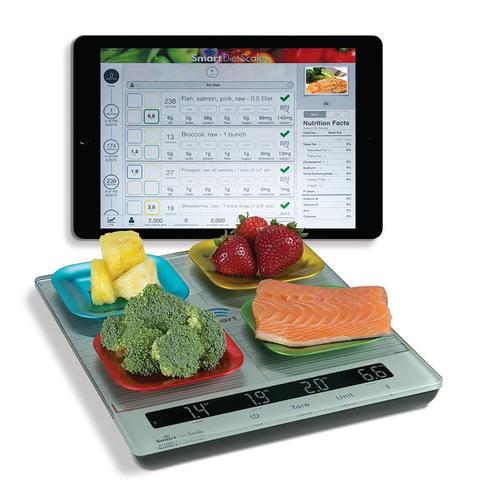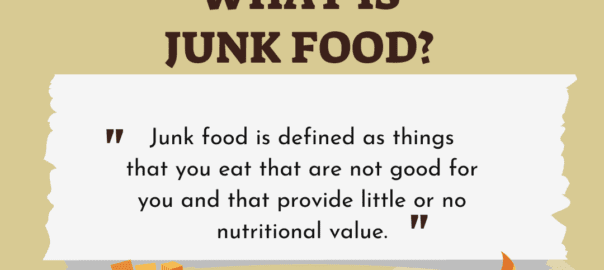If you want to lose weight, you must burn more calories than you consume. This can be accomplished in two key ways: by burning more calories through exercise and by consuming fewer calories in your diet. By decreasing your caloric intake by 3,500 calories per week, you can lose up to a pound per week. The best way to consume fewer calories is to eat smaller portions.
Sounds simple enough. But people are notoriously bad about judging appropriate portion sizes, and generally speaking, Americans tend to eat much larger portions than is necessary or recommended. Do you “eyeball” it when measuring portion sizes, or do you actually measure every ounce of food that goes on your plate?
Worried that eating less will leave your stomach feeling empty? Here are some tips for reducing your portion sizes without going hungry.
Eat more veggies.
At least half your plate should be filled with vegetables at each meal. Fresh veggies contain high amounts of fiber and water, which will keep you feeling full without the calories.
Make protein a staple.
Every meal or snack should contain a source of protein. Nuts, seeds, eggs and lean meats such as chicken and fish are all excellent sources of protein that will satisfy your stomach and keep your body going.
Drink water before every meal.
Fill up with a glass of water before you sit down to eat. Please note: If you have had weight loss surgery, do not drink water within 30 minutes of eating or with your meal. If you have not had a bariatric procedure, it is safe and even recommended to drink water with your meal.
Use smaller plates and forks.
Try eating your meals off a small, dessert-sized plate (approximately seven inches in diameter) rather than a dinner-sized plate (as large as 10 or 11 inches). Using smaller utensils can also help.
Invest in a portion-control plate.
Purchase a special portion control plate to help measure your food and ensure you are eating the proper amount at each meal. You can find a variety of portion control plates available on Amazon or other online retailers.
Be mindful when you eat.
Sometimes it’s not the actual portions we eat during a meal that are a problem — it’s the mindless snacking and nibbling we do throughout the day. Are you “taste testing” while cooking a meal? Do you eat while watching TV or when you are bored? Keep a food journal and write down every bite that goes into your mouth, and make a note of what you are doing or how you are feeling when you eat. Keeping a food journal will help you identify moments of mindless eating and be more intentional about the food you eat.
Consider weight loss surgery.
If weight has been a struggle for you for many years, consider weight loss surgery as a tool that can help you make healthy lifestyle changes when it comes to food. Bariatric procedures work to limit the amount of food you can eat as well as the nutrients that are absorbed by the body. Contact your First Baptist Medical Center weight loss doctor today to learn more about bariatric surgery in Dallas.
It’s important to note that while eating less may work in the short-term, weight loss that lasts requires making significant lifestyle changes, such as regular exercise and eating the right amounts of healthy, satisfying foods. Simply eating less junk food is not the way to achieve long-lasting weight loss and improve your health.
Achieving your weight loss goals takes dedication and effort. It won’t happen overnight, but by making small changes, such as reducing the amount of food you eat on a daily basis, you will begin to see the weight come off. Discuss how your First Baptist Medical Center weight loss doctor can help.






